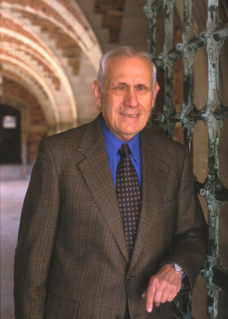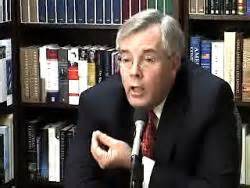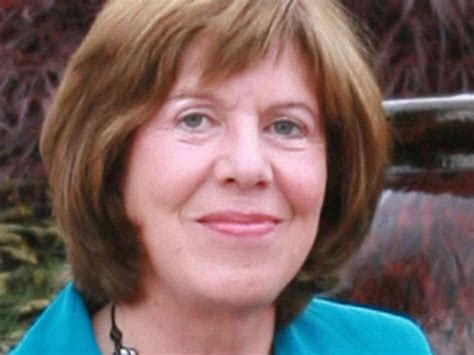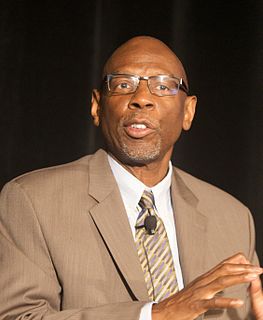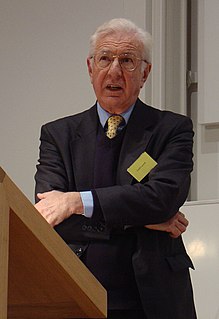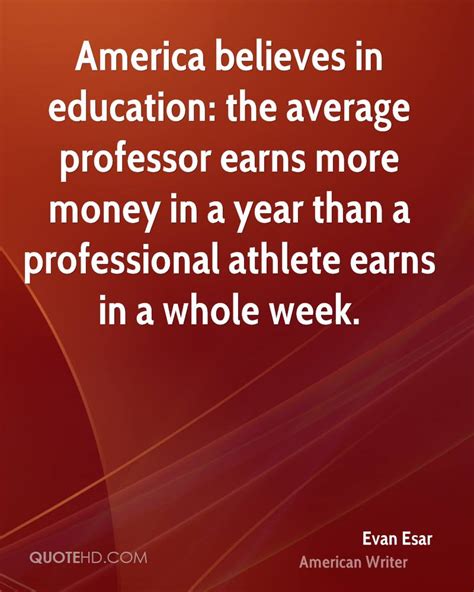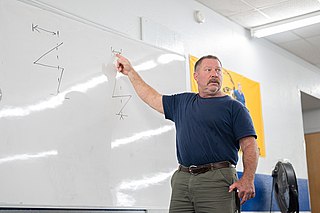A Quote by Donald Kagan
In Our Underachieving Colleges, [Derek] Bok acts as both diagnostician and healer, wielding social-science statistics and professional studies to trace the etiology of today's illnesses and to recommend palliative treatments for what he has discovered.
Related Quotes
I have come across a dozen studies that shows that you get more phytonutrients and more minerals and vitamins from organic, but there are also studies that show that plants raised conventionally have more phytonutrients. And they trace it to the amount of nitrogen in the fertilizer used on conventional farms. The gold standard is choosing the most nutritious varieties and raising them organically, and that's what I recommend.
Statistics is the most important science in the whole world: for upon it depends the practical application of every other science and of every art: the one science essential to all political and social administration, all education, all organization based on experience, for it only gives results of our experience.
This is really the common mentality of prisoners: they read with great attention all the articles that deal with illnesses and send away for treatises and "be your own doctor" or "emergency treatments" and end up by discovering that they have at least 300 or 400 illnesses, whose symptoms they are experiencing.
I am not [...] asserting that humans are either genial or aggressive by inborn biological necessity. Obviously, both kindness and violence lie within the bounds of our nature because we perpetrate both, in spades. I only advance a structural claim that social stability rules nearly all the time and must be based on an overwhelmingly predominant (but tragically ignored) frequency of genial acts, and that geniality is therefore our usual and preferred response nearly all the time. [...] [T]he center of human nature is rooted in ten thousand ordinary acts of kindness that define our days.
